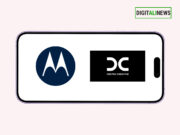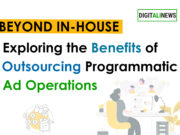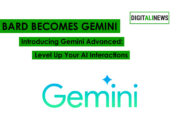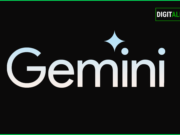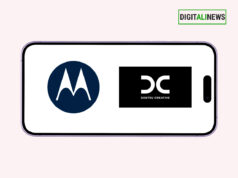In the rapidly evolving world of digital marketing, integrating Artificial Intelligence (AI) and Machine Learning (ML) into your strategy is not just a trend – it’s a necessity for staying competitive. With over a decade of experience in digital marketing, I’ve witnessed firsthand the transformative power of these technologies. Here’s a simple, 10-point guide to help you navigate this integration.
- Understanding AI and ML: First, it’s crucial to understand what AI and ML are. AI refers to machines or software mimicking human intelligence, while ML is a subset of AI that involves the ability of machines to learn and improve from experience. In marketing, these can be used for personalization, automation, and data analysis.
- Data-Driven Insights: AI and ML thrive on data. The more quality data you have, the more accurately these technologies can predict, analyze, and make decisions. Implement systems to collect and analyze customer data such as demographics, behavior patterns, and preferences. This will be the foundation of your AI-driven marketing strategy.
- Enhancing Customer Personalization: Personalization is key in digital marketing. AI can help create highly personalized content for your audience by analyzing their past interactions with your brand. This could mean personalized emails, product recommendations, or targeted ads.
- Chatbots for Customer Service: AI-powered chatbots can revolutionize customer service by providing instant, 24/7 support. They can handle basic queries, freeing up your human staff for more complex issues. These chatbots learn from each interaction, becoming more efficient over time.
- Predictive Analytics for Better Decisions: ML algorithms can analyze past consumer behavior to predict future actions. This can help in segmenting your audience, tailoring campaigns, and even predicting market trends, making your marketing strategy more proactive and less reactive.
- Optimizing Digital Advertising: AI can optimize your ad spend by automatically targeting the right audience at the right time with the right message, increasing the ROI of your campaigns. Platforms like Google Ads and Facebook already use AI to some extent for ad optimization.
- Content Creation and Curation: AI tools can assist in creating and curating content. From writing simple reports to suggesting content topics based on trending keywords, AI can significantly reduce the time and effort involved in content creation.
- SEO and AI: Search Engine Optimization (SEO) is crucial in digital marketing. AI tools can help identify trending keywords, analyze competitors, and suggest content optimizations, making your website more visible and attractive to search engines.
- Social Media Insights: ML algorithms can analyze social media trends and consumer behavior, offering insights into what content performs best and how consumers engage with your brand. This can guide your social media strategy, ensuring better engagement.
- Continuous Learning and Adaptation: Finally, the key to successfully integrating AI and ML into your digital marketing strategy is continuous learning and adaptation. These technologies are constantly evolving, and so should your strategies. Stay updated with the latest trends and be ready to adapt your strategies accordingly.
In conclusion, integrating AI and ML into your digital marketing strategy offers immense potential to enhance customer experience, streamline processes, and drive better results. Start small if you must, but the important thing is to start – and keep evolving. As someone who’s been in the field for over a decade, I can assure you, the future of digital marketing is here, and it’s powered by AI and ML.

